
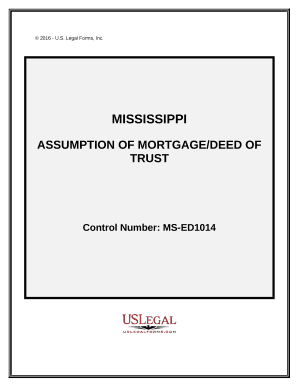
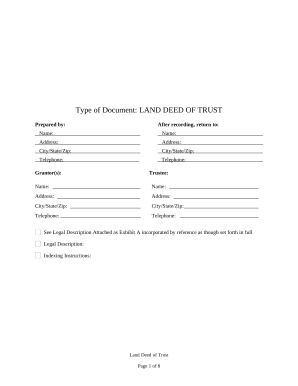
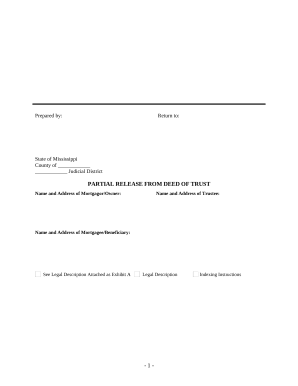
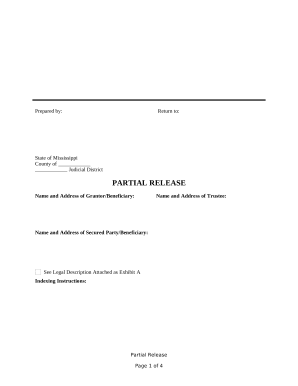
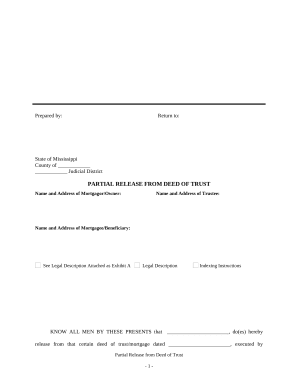
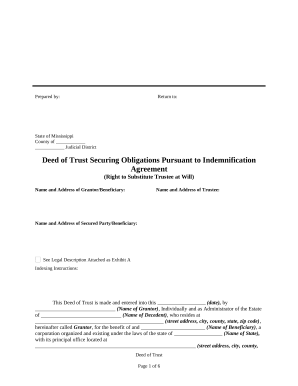
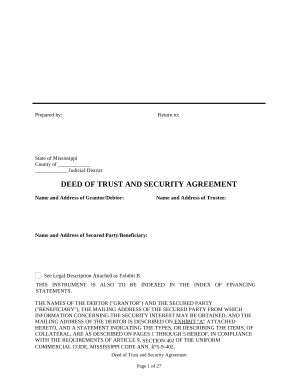

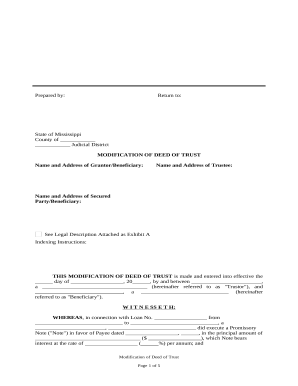
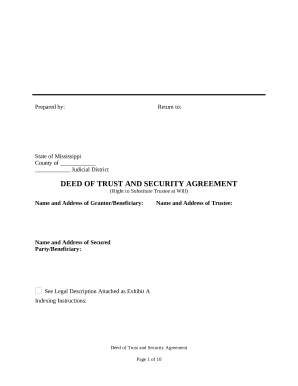
Boost your form management with our Mississippi Deed of Trust Forms online library with ready-made form templates that suit your requirements. Get the form, change it, complete it, and share it with your contributors without breaking a sweat. Begin working more effectively with your documents.
The best way to manage our Mississippi Deed of Trust Forms:
Examine all of the opportunities for your online file administration with the Mississippi Deed of Trust Forms. Get a free free DocHub profile today!